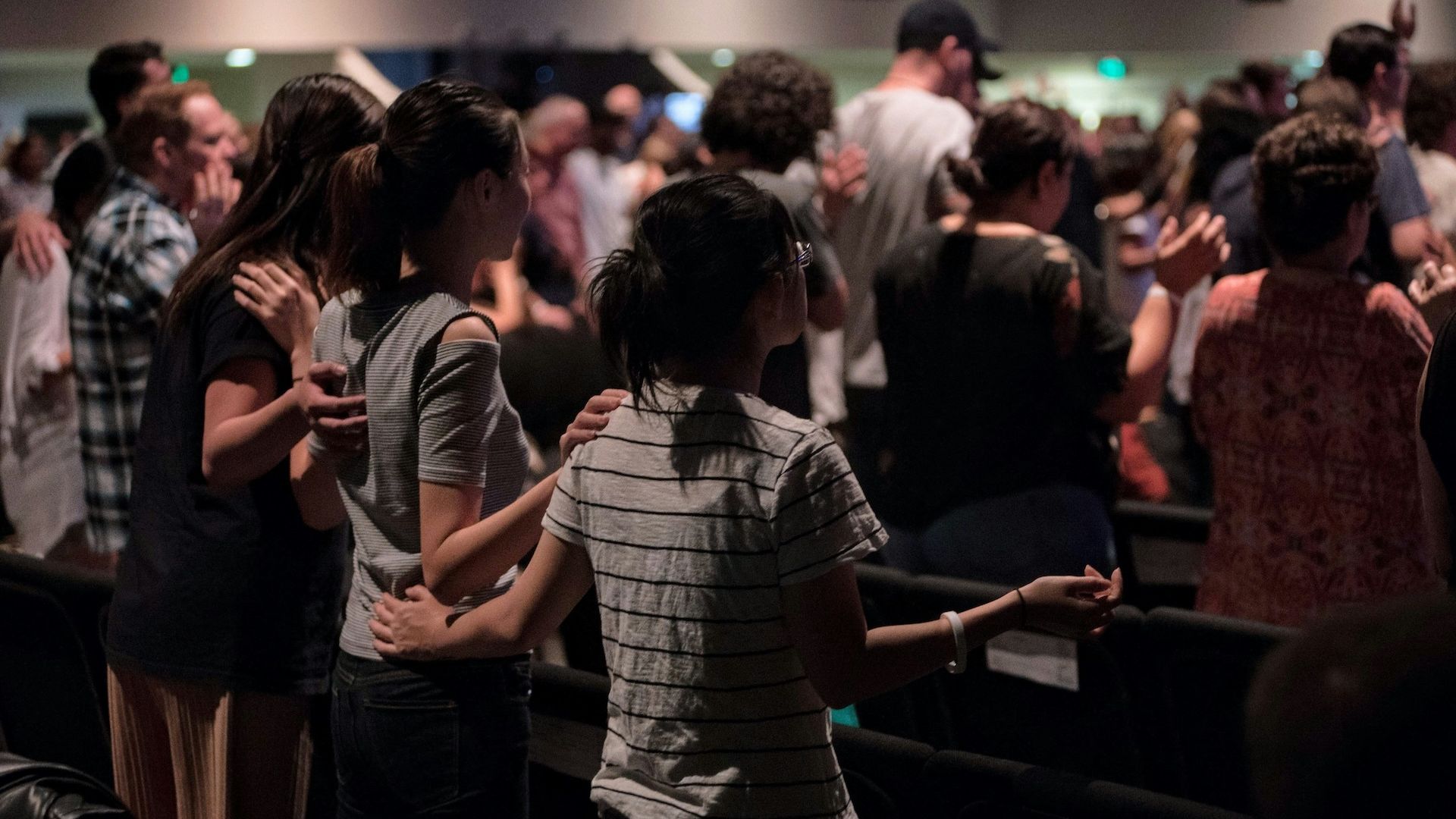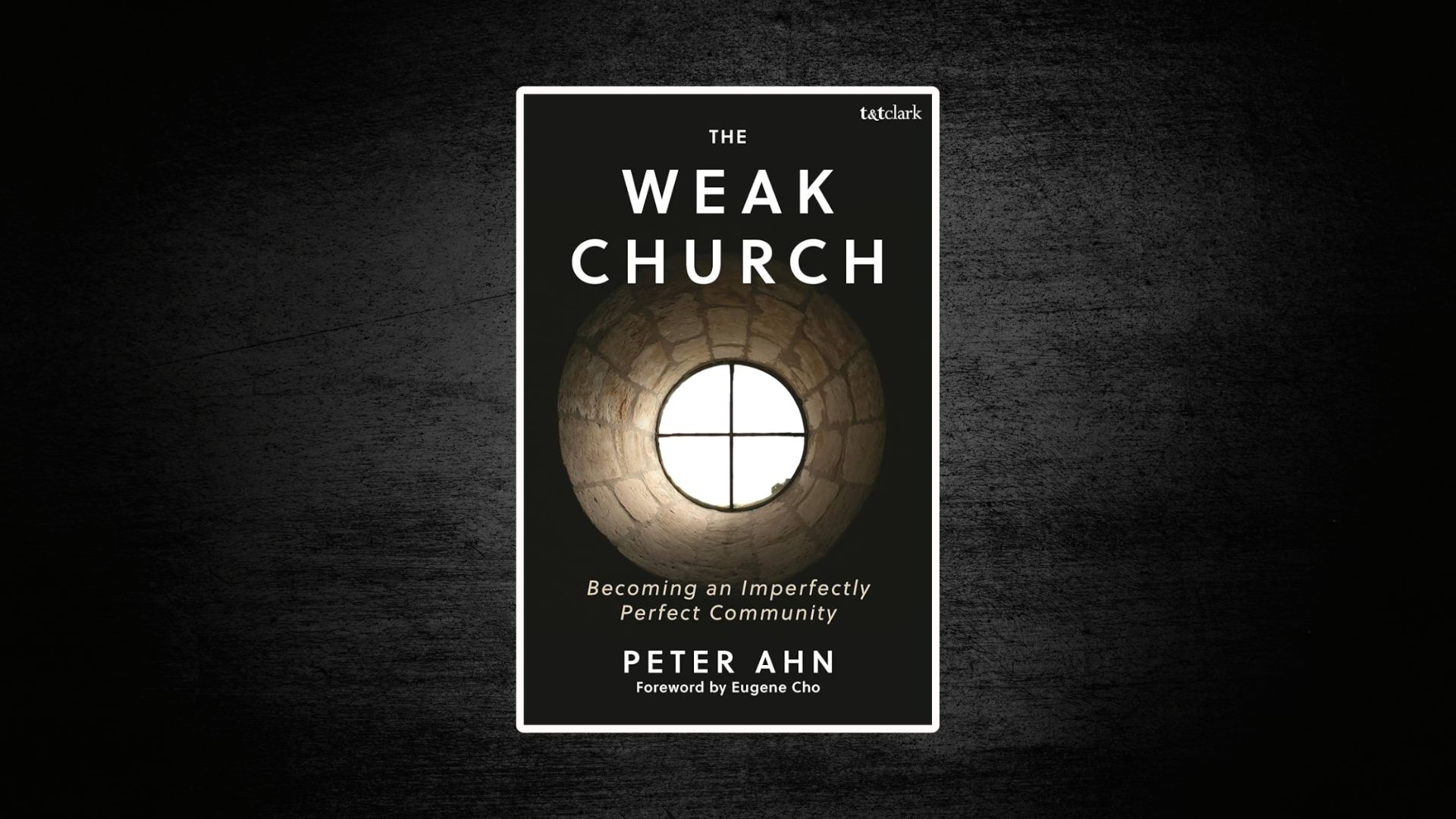A Call to Courageous Biblical Preaching
THREE YEARS AGO, I was sitting at a Starbucks working on my Sunday sermon. A friend was texting me about something happening in Charlottesville, Virginia. I looked online and was saddened, though not shocked, at the scene. Protests between armed militia on one side and counter-protestors on the other over the removal of Confederate monuments turned violent. Heather Heyer was killed and 19 other people were injured when a self-identified white supremacist drove his car into a crowd of counter-protestors. I knew I couldn’t preach what I’d written, but I didn’t know what I should preach.
LAST SUMMER I was teaching a preaching course for North Park Theological Seminary’s Ignite program. The coronavirus pandemic had forced the class online where each of the 30 working pastors had migrated their congregation’s Sunday services and multiple ministries. They’d worked tirelessly for three months to keep their communities connected and centered in Christ. Moving from sanctuaries to social media, many pastors sought to love their neighbors by working to prevent transmission of the virus among their congregants and communities. Sometimes that meant fielding angry and demeaning calls from people who disagreed with their approach. Many eventually experienced people leaving their churches because they complied with state orders about gathering to worship.
The first day of class was exactly one week after George Floyd’s murder and the racial reckoning it ignited. As class ended that day, peaceful protestors were being forced out of Lafayette Park in Washington DC so the president could take a photo holding up a Bible in front of St. John’s Episcopal Church. The same question I’d asked in 2017 preoccupied the exhausted students: What am I going to preach this Sunday?
ON JANUARY 6, an angry mob, falsely believing the presidential election was stolen, breached the U.S. Capitol. Officers were beaten with pipes and flagpoles flying the American flag. One officer was killed. A noose was erected on makeshift gallows on the Capitol steps. Five people died. In the background blared a Christian soundtrack as many waved flags and brandished banners that bore the name of Jesus. What did you preach that Sunday?
“Still, we ask: What will I say?
What can I say?”
The longer you’ve been a preacher, the longer your list of events that have left your jaw askew and stomach tensed as you anticipate your Sunday appointment. Some evils and injustices are so embedded into our stories of our society, our relationships, or our churches that we rarely even think to hold them up to critical examination. Tragedy and trauma, however, have a way of rooting these out and forcing us to face them. The pulpit is one place for the church to face them.
Preachers look to the pulpit, knowing both that we must stand behind it and also that a sermon on “how to have more joy in your life” is simply not adequate to the moment. Perhaps you are looking at the calendar of Sundays ahead in the shadow of the things behind, realizing that “addressing the moment” may no longer be adequate because these so-called moments aren’t really moments at all. They aren’t one-off events.
Our churches need more than one-off sermons. This is the world in which we live; the sermon should expose us to it, not insulate us from it.
Still, we ask: What will I say? What can I say?
Preaching occurs at the intersection of Scripture and this moment of God’s story. The act itself takes courage and discernment. I don’t know what you should say to your people this Sunday or in the Sundays ahead. But I offer these thoughts for preaching as you discern your words and your congregation looks to you. I hope that what follows is encouragement for courage in the pulpit.
Preach God’s Word
WRITTEN AND INCARNATE
As Covenanters we affirm the centrality of God’s Word. It is central in every moment of our discipled lives but especially as we stand before God’s people with a pulpit between us.
Often preachers, especially those of us who went to school way too long to learn to be preachers, think we have something clever to say. Sometimes our words start to push God’s Word from the spotlight. Perhaps we get too comfortable with a stability in our churches that we have created in order to hide our collective sin and avoid those parts of Scripture that call us to repent. The call to preach, however, is the call to herald a message beyond our own.
The Word written and the Word incarnate are the presence of God’s kingdom in this moment. In both, we see the new creation. Proclaiming God’s Word calls God’s people to act in alignment with his kingdom. Sometimes it bursts with suddenness. Other times it moves almost imperceptibly. The words God has given you to speak can bring comfort and healing. They can bring conviction and repentance. They can bring hope and peace. They call forth God’s kingdom.
The most basic answer to the question of what we will say is that we will preach God’s Word, written and incarnate, for the world to receive or reject. When we speak from Scripture at its intersection with our church, we find ourselves on solid ground.
Preach God’s Word
PROPHETICALLY
To speak prophetically is to tell hard truths to those God has placed in our care. This calling is easy to forget because confrontation is hard. Certain traditions within the church are more faithful in this call (my African American brothers and sisters have spoken hard truths to majority church and majority culture for generations), than others (I confess the weakness of my own white evangelical pulpit).
There is a lot of truth to speak to the church and to the world about what we see play out in these tensive days. Political power is not, has never been, and will never be the means to achieving the kingdom of God (Mark 10:41-44). No political party or politician will save us—we place our faith only in God (Exodus 20:2-3). The use of, or incitement to, violence in the service of achieving any aim is sin (Proverbs 10:6-7, 11).
Especially in this moment in history, our congregations need to hear that white nationalism, Christian nationalism, and the preservation of oppressive racist systems is sin, anti-gospel, anti-Christ, and oppressive and hurtful to our brothers and sisters of color (I’m speaking centrally to my white brothers and sisters who speak in predominantly white churches, for whom it may be most important to say this).
Preaching prophetically does not simply call the church to confession; it is a call to act in the dismantling of oppressive systems and to jettison theologies soaked in the poison of an overweening national identity. We must show our churches how the name of Christ is stained with white nationalism and political syncretism. It’s time to stop pleading, “This is not who we are,” and to confess that this is exactly who we have been and continue to be.
In this moment and in every moment to speak God’s Word honestly is to speak lovingly. It is to preach prophetically.
Preach God’s Word
DISRUPTIVELY
One refrain I hear in clergy circles, within my own congregation, and in my own head, is that we shouldn’t be political in our preaching. As we consider what and how to preach, let us disabuse ourselves of this myth. The gospel of Jesus Christ is always political inasmuch as it always calls for justice, social change, and the replacement of the status quo with the kingdom of God. This is a nakedly political message, just not elephant and donkey politics. The proclamation of God’s Word disrupts the world.
God’s kingdom looks upon the world we have built and calls for it to be shattered and rebuilt in the image of Christ. Jesus’s words turn the world upside down over and again, proclaiming something entirely more beautiful in its place (Matthew 5-7). He does even more than call us back to the Garden, inviting us into a city much more glorious than our first home (Revelation 21:1-4; 22.1-5). Preaching participates in this disruption.
In The Future of Creation, theologian Jürgen Moltmann states that the only ones invested in prolonging the status quo are those who “possess and dominate the present.” The dispossessed and dominated are asking “for change and liberation.” Jesus was continually disruptive of humanity’s status quo, reordering the first to last and the last first.
What has the church adopted as its status quo that is in need of shattering? How can you join Christ in speaking toward disrupting what we have accepted for too long?
Preach God’s Word
HOPEFULLY
Preaching God’s Word prophetically and disruptively must lead us to preach grace and hope. When I teach homiletics to seminary students, I advocate that the sermon end with the gospel hope of God’s very real action in the world right now. God’s Word is hopeful because he is relentlessly pursuing us in his love and grace. Regardless of what we see playing out on our televisions or in our own congregations, God’s love is right now winning. The gospel is intrinsically hopeful.
It’s always been fascinating to me that at Epiphany, just after the revelation of the child to the magi, we see the horrific scene of Herod seeking to preserve his political power, ordering a slaughter of an entire town’s infants (Matthew 2:13-18). This scene strikes my heart as one of the most tragic and terrifying events in the sacred text. Yet that powerful strongman, with wealth and military at his command summoned it all to kill a spitting-up infant in diapers—and he failed. He failed because not even the deepest of evil, lust, and wretchedness can snuff out the Light of the world.
Let us be confident in preaching God’s Word hopefully.
Preach God’s Word
READY
Finally, as we prepare to preach these Sundays, let us ready ourselves for the backlash that comes when we tell hard truths. None of us likes being confronted with ourselves. We’d prefer to pretend that we’ve already worked out our salvation with fear and trembling. When we preach with courage, some won’t want to hear it. They’ll let us know.
The Sunday after Charlottesville I said what I believe is the most uncontroversial thing I’ve ever said from the pulpit: White nationalism has nothing to do with Jesus, the gospel, or Christian faith. There is no room in our faith for the coexistence of the words and actions of Christ with violence, racism, and oppression.
After the service, one member told me I’d laid too much blame on white nationalists. Surprised, I asked if he was defending white nationalism. He said yes. I suggested that we talk about the incompatibility of this belief with the faith in Christ he professed. He became angry and after that sought to (and often succeeded in) bringing pain to me and to my ministry. We don’t like hearing that we’re sinners.
Jesus said, “Foxes have holes and birds of the air have nests, but the Son of Man has nowhere to lay his head” (Luke 9:58). When you are called to follow the Son of God, who was homeless himself, don’t be surprised if at times your welcome is canceled along with his. When that happens, remember you’re in good company (Matthew 5:11-12).
Of course, we should also be ready for something else. We should be ready to see the growth of God’s kingdom from the seed of God’s Word preached. We can see it if we’re looking. It might burst all at once, but it will probably come slower than we’d like. The pace of growth isn’t our job. Faithfulness in its proclamation is. God’s Word doesn’t return void, so let us preach ready to
celebrate what God will create.
Courage to Preach
In Tolkein’s Return of the King there is a scene in which Eowyn and Merry ride together into a battle that is bigger than them both. Eowyn’s been told that she cannot fight because she is a woman. Merry’s been told he cannot fight because he is too small. The sentiment toward them is that they are inadequate for the task and that their courage will fail. I have certainly felt like that as I’ve approached the pulpit—that I am inadequate for the task and those in front of me know it.
For Eowyn and Merry, however, their love for their friends is greater than their fear of whatever might happen next. As they set out to charge into the fray, Eowyn whispers, “Courage, Merry, courage for our friends.”
I’ve sometimes sensed Jesus whispering that message to me as I have prepared for the pulpit. I pray that you hear him saying it to you. Preaching is hard. Preaching hard truths that seek to confront sin and disrupt the world is harder still. We need courage—courage for our friends to whom we preach with love and truth. Courage for a world for which Christ died. May God give us courage to meet the moment.













